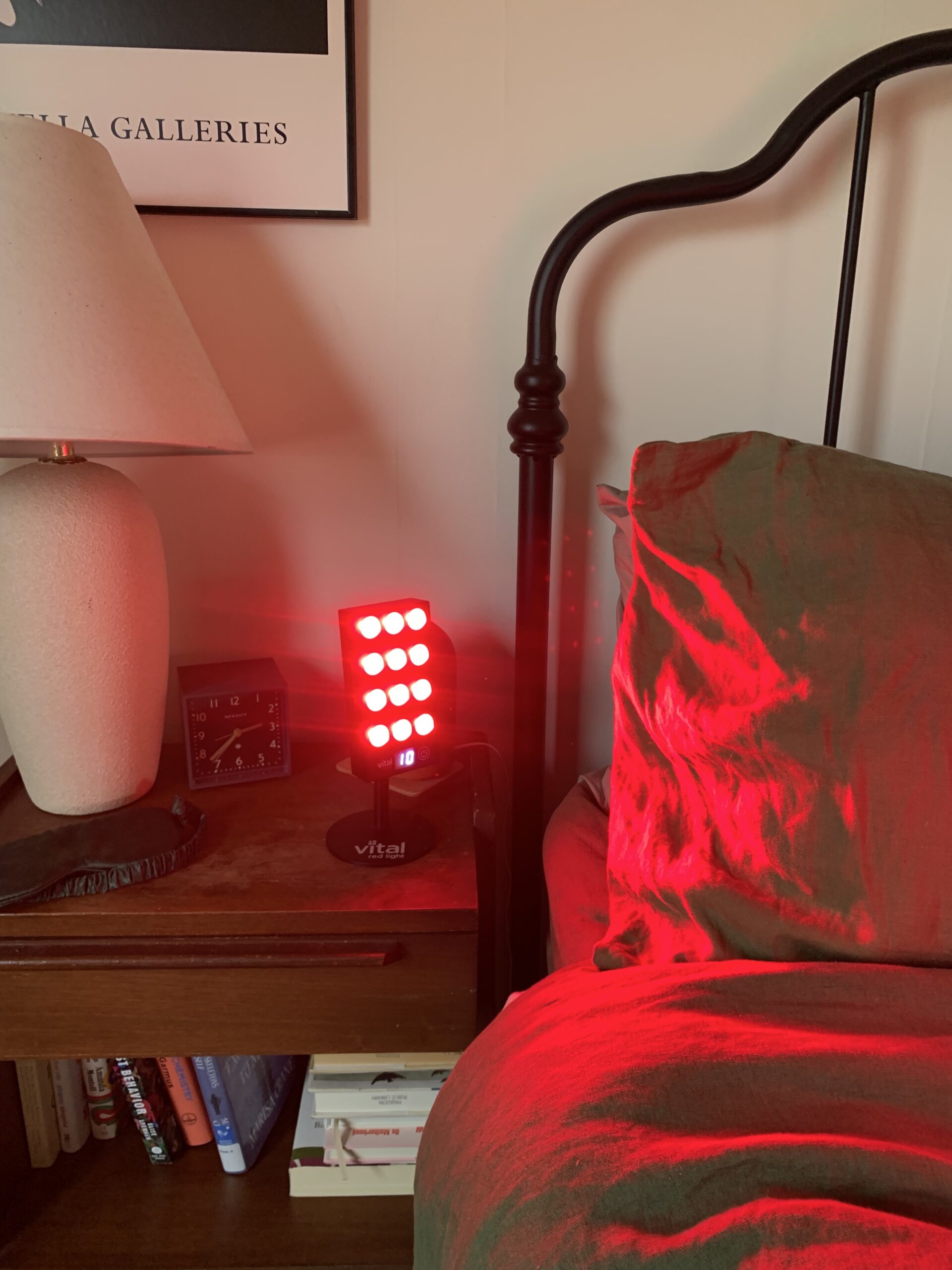Somewhere in the archives of Facebook exists a photo of a fun-loving teenager in her last few days of her senior year of high school. She’s sitting inside a large recycling bin in the school hallway, giving a peace sign, grinning from ear to ear.
That girl is not me.
Instead, if you examine the background of the photo, you see a stone-faced Emily, holding a massive pile of books with a pink velvet purse dangling from her shoulder. I’m averting my eyes, but my body language says it all: The other kids are goofing off in school, something I take very seriously, and I do not approve.
Here’s the kicker: I am goofy when I feel comfortable. I give my pets ridiculous voices, sing made-up songs, and sprinkle puns generously in conversation. Most importantly, I can laugh at little mistakes and stay optimistic about obstacles.
“Taking ourselves too seriously is about the amount of control we try to take over things that are uncontrollable in our lives.”
But when it comes to spaces with rules — like school, work, or finances — I have a no-nonsense side. My tone subdues out of fear of misspeaking; my humor hides as I worry it’ll be mistaken for a lack of intelligence. I become less flexible; I curate myself because I want control. I practice rigorous self-judgment and set unachievable standards for myself too. It’s an intense approach that sets me up for failure and robs me of the peace that comes with slf-acceptance and accomplishing smaller goals.
Taking ourselves too seriously is about the amount of control we try to take over things that are uncontrollable in our lives — like judging a girl in a recycling bin on your way to class. There are, of course, very serious things happening in the world today. And they deserve to be taken seriously.
But not taking yourself so seriously means that you can see and accept yourself at your most elemental — as a changing human playing out an unfinished story. It doesn’t mean you lack self-respect or that you don’t care about who you are. When you loosen up on yourself, you open up space for play, for exploration, and for change.
As the years go by, I more fully embrace the ridiculous, improvisational person I am when I’m with my friends. I want to be that person all the time, tipping my hand to people I know less intimately, being more honest and authentic with acquaintances. Getting a little stranger with strangers, so to speak.
“When I actively seek humor or levity in situations beyond my control, I offer myself an olive branch.”
When I actively seek humor or levity in situations beyond my control, I offer myself an olive branch. Not forcing a perfect response or holding myself up to rigid standards grants me the opportunity to feel my feelings, without self-critique. It also invites me to be open to self-forgiveness for when I am perhaps not serious enough.
I still have days where I freeze up and can’t handle going with the flow — a last-minute change of plans? A small, unforeseen expense? Sleeping past 10 a.m. on a weekend? These things interrupt what I thought was managed. I’m so firmly grasping for control, that when things slip out of line, I can start to slip too.
You can’t control what happens, but you *can* control how you respond to it, which is something I’ve been learning for over three decades. (Especially in 2024 where so much truly is outside of my control).
Here are a few things I’ve been reminding myself lately to help me show up authentically without taking myself too seriously.
- Be who you are when you’re around your besties. I am vulnerable, forthcoming, and absurdly strange when I’m with my friends. We transition seamlessly from unhinged monologues in our pets’ “voices” to discussing heavy heartbreak in a matter of seconds. We laugh together during our darkest days as a way of reminding one another that we’ll always be here for each other.
- Allow your body to play. What form does this take for you? For me, inviting more play into my life looks like dancing or crawling around on the floor to pet my rabbits. Maybe you crave the feeling of grass between your toes or a simple inversion; practicing playful embodiment is a good way to get out of your head.
- Create something unusual. Creating without goals helps me let go of how I think things “should go.” I appreciate creative opportunities to go with the flow, like painting, writing, or doodling in my art journal. If those suggestions aren’t your style, try wearing two conflicting garments, improvising with ingredients as you cook dinner, or singing a silly song to your pet. Create something before your mind has a chance to call out imperfections.
- Take pauses when you need to reset. Sometimes all my seriousness needs is a few seconds to reboot itself. When plans change outside of my control, I take a moment to recalibrate and accept the new flow. I’ll sometimes excuse myself for a bathroom break to just breathe, acknowledge my overwhelm, and let the change sink in.
- When in doubt, engage the senses. Our need for control happens so much in our minds. When I’m wrapped up with worry, I love to indulge my senses to remind my brain she’s part of a human body. Eating a rich pasta dish, feeling the softness of linen sheets, and literally stopping to smell the roses on a morning walk can remind you that the present is all we have. Embrace it.
This all may sound like I’ve figured it out. I haven’t. Letting go of things beyond my control is a long and continual process; I still plot out negative outcomes or responses as if they’re certainties. (I’ve even found it useful to fidget with an anxiety ring when I find myself in this storytelling spiral). I outline how I think things will go, stressing myself out in the process, and preventing me from doing them in the first place.
“Let’s lean into the small joys and absurdities, and officially designate silliness as self-care.”
If you find yourself forcing control today, loosen your grip. The world won’t always bend to your will, which means it’s time to embrace a little flexibility — and perhaps a touch of humor. Let’s lean into the small joys and absurdities, and officially designate silliness as self-care. I know I need to.
What practices help you loosen up? Share in the comments below!
Emily McGowan is the Editorial Director at The Good Trade. Born and raised in Indiana, she studied Creative Writing and Business at Indiana University. You can usually find her in her colorful Los Angeles apartment journaling, caring for her rabbits and cat, or gaming. Say hi on Instagram!
















